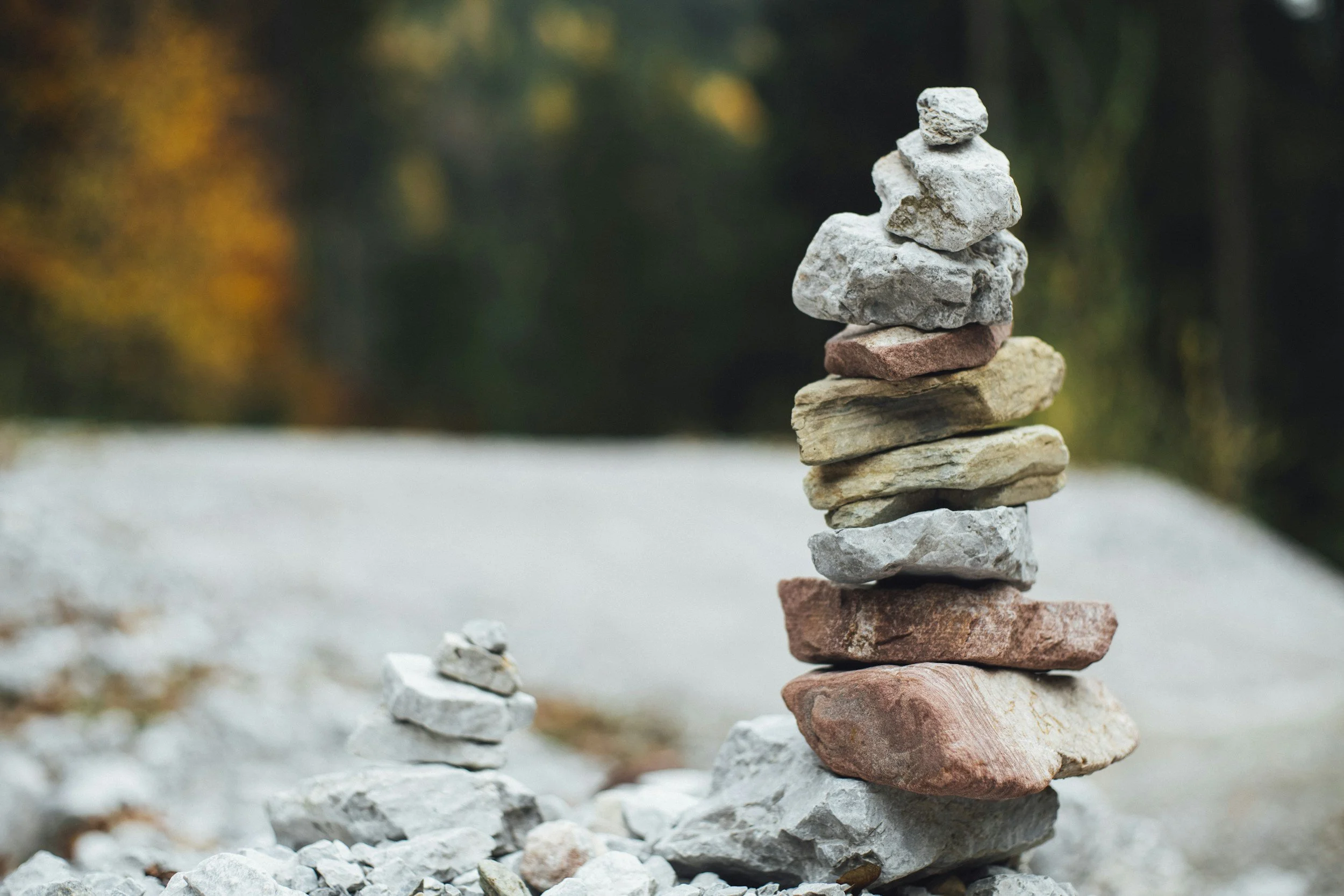The Power of Contemplation: Slowing Down to Discover Truth
“What we plant in the soil of contemplation, we shall reap in the harvest of action.” — Meister Eckhart
In a world where most of us are conditioned to react instantly, contemplation invites us to pause, breathe, and consider. Rather than rushing into action from fear, stress, or ego, contemplation allows us to hold space for the situation, letting wisdom ripen before we act.
Even comedy captures this truth. In a classic Monty Python sketch, philosophers line up to play soccer. Instead of kicking the ball, they all stand still, stroking their chins, deep in thought. Finally, one philosopher has an idea, kicks, and scores. Funny—but also a perfect picture of what contemplation really is.
The Pie Analogy of Contemplation
Think of baking a pie:
If you serve it before it’s cooked, it won’t taste right.
In the oven, the pie is held in a safe, transformative space until it solidifies.
After baking, it rests before being served.
Contemplation is the baking process of the mind. You take a question, conflict, or situation and place it gently in your awareness. Without forcing it, you allow it to simmer. You may dream about it, journal about it, or one morning wake up and suddenly know what to do. When it’s “cooked,” clarity arrives.
And just like the pie cooling before serving, there’s often a short resting period before action. By waiting, you reduce drama and discover that the solution is often very different—and much wiser—than your initial impulse.
Why Contemplation Matters
Breaks ego reactions → Our first answers come from fear or habit. Contemplation lets deeper truth rise.
Brings clarity and peace → Instead of rushing, you act from a calm, heart-centered state.
Reveals patterns → Journaling during contemplation helps you see the difference between your ego’s voice and your higher self.
Strengthens decision-making → With patience, the right action appears naturally.
Practice: Contemplation for Self-Inquiry
Sit quietly with a question. (Ex: What is the state of my health? What brings me happiness?)
Resist the urge to answer immediately.
Let the question rest in your awareness for a day, a week, or longer.
Notice what arises—dreams, insights, feelings.
Journal the process so you can separate reactionary thoughts from genuine truth.
✨ Contemplate your current state of health and overall happiness. What arises as you hold this gently in awareness? What changes feel most aligned for you?
Closing Reflection
Contemplation is an act of patience and trust. Instead of rushing, it honors the wisdom of time, the soft unfolding of truth, and the deep knowing that arises when the ego quiets. In this stillness, clarity blossoms, and our actions become aligned with peace and authenticity.

